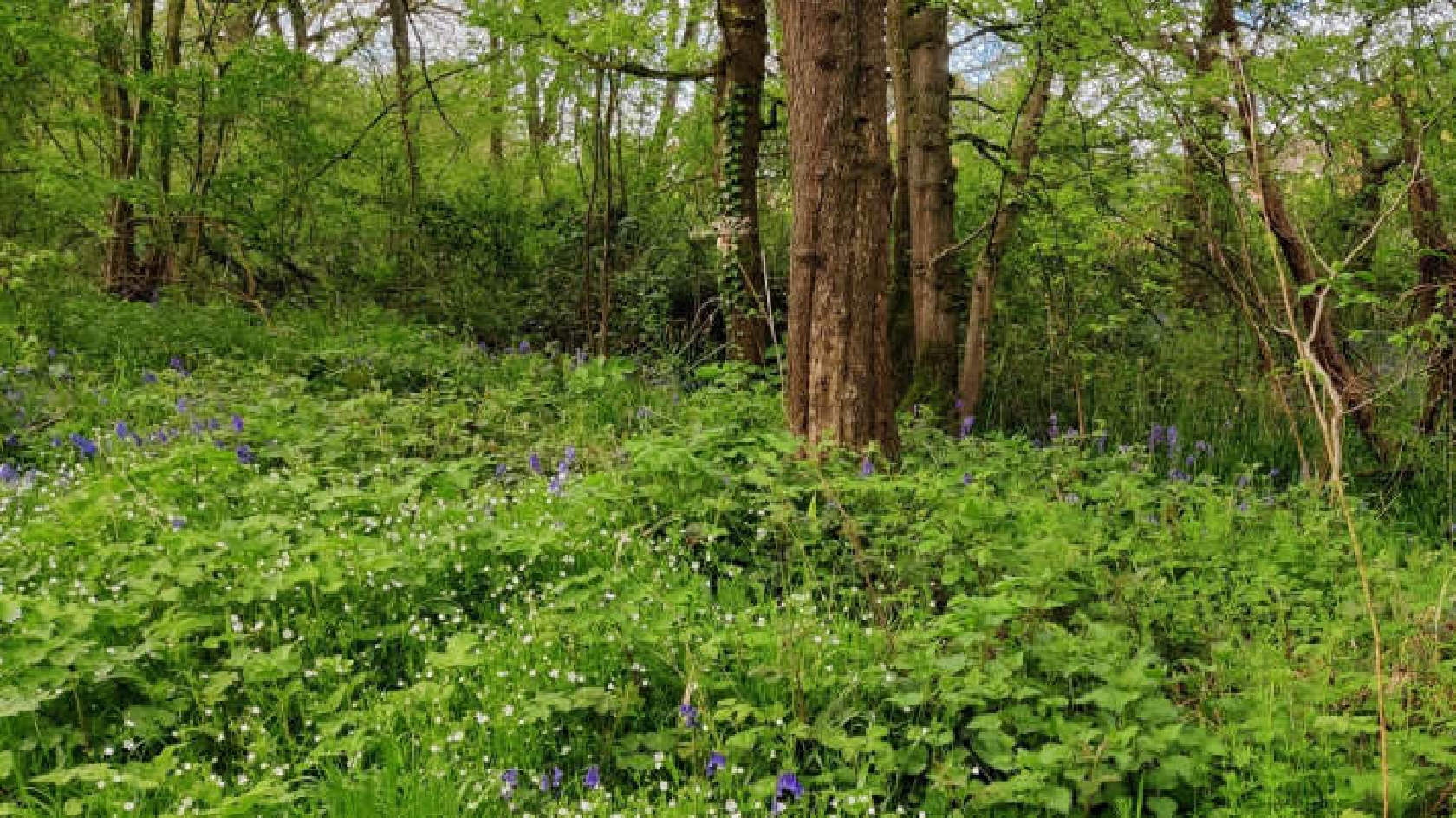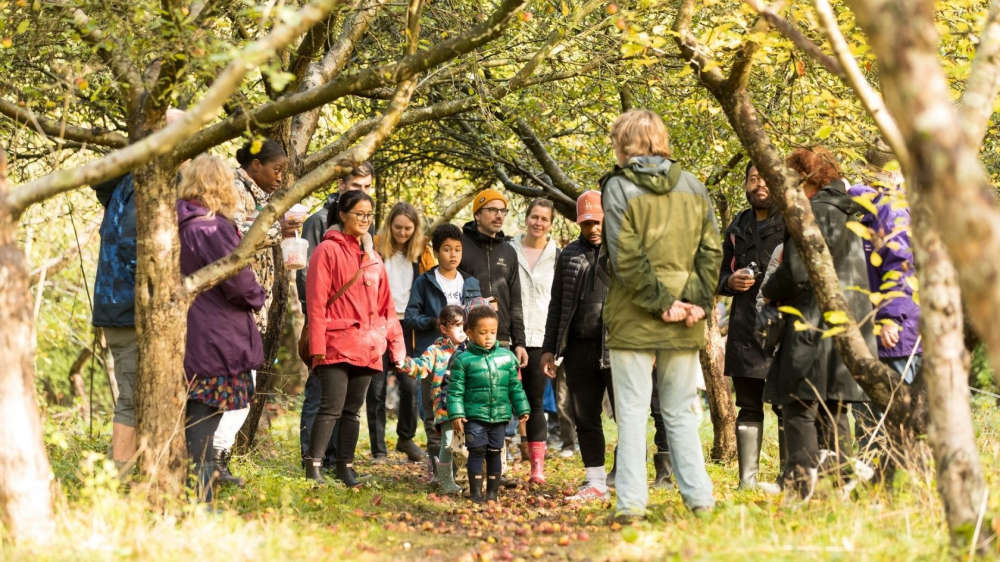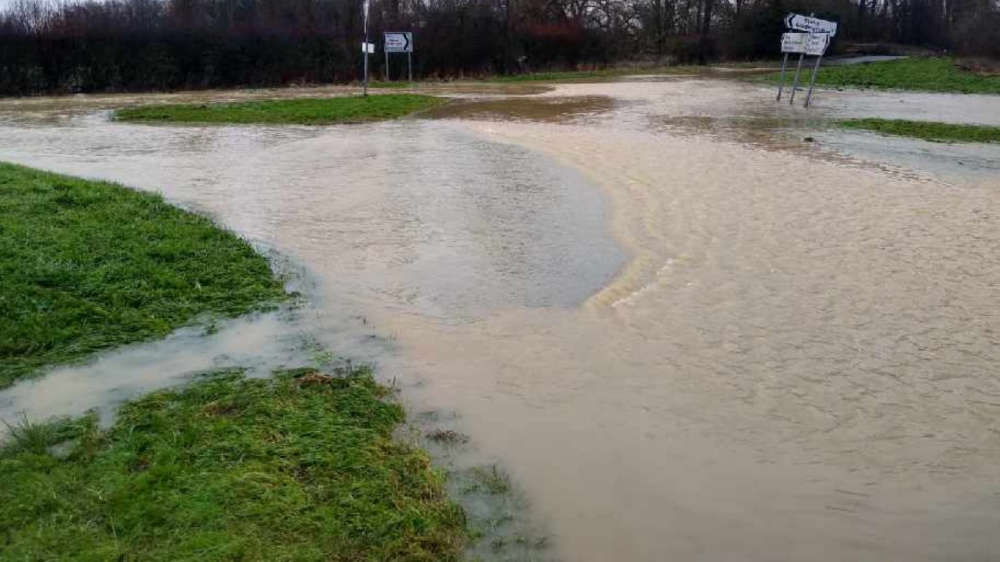
Researchers find ‘non-native’ flowers spreading into city’s old woods.
Ancient woodlands close to housing developments in Milton Keynes are increasingly becoming home to non-native plant species, spreading from nearby gardens and parks, new research has shown.
The findings come from The Open University (OU), which revealed how ancient woodlands in MK are responding to the pressures of being surrounded by a growing city.
The study was led by a team of OU researchers from the MK-based university’s STEM faculty who looked at historic records of plants in ancient woodlands across southern England, including three in Milton Keynes, where housing developments expanded around them during the 1980s and 1990s.
“This research into historic change helps us to understand the threats to ancient woodlands in urban settings,” said Holly Woo, postgraduate researcher who worked on the study.
“While the effects of pollution and changing landscape are very important, the increase in non-native species suggests that we also need to think about how we manage people visiting the woods and advise people with gardens nearby on how to prevent the spread of introduced invasive species.”
“Our three largest ancient woodlands in Milton Keynes are incredibly valuable sites for biodiversity in the city, though the pressures they face are ever-increasing,” said a spokesperson for the Parks Trust, which owns and manages MK’s woodlands.
“The impacts from the popularity of the woodlands, expansion of the city and ash dieback in ash-dominant canopies can already be felt in these sensitive habitats.
“However, this research presents the Trust with an opportunity to educate park users and update our practices to bolster resilience in our ancient woodlands to provide ecological safe havens that coexist with people in perpetuity.”















